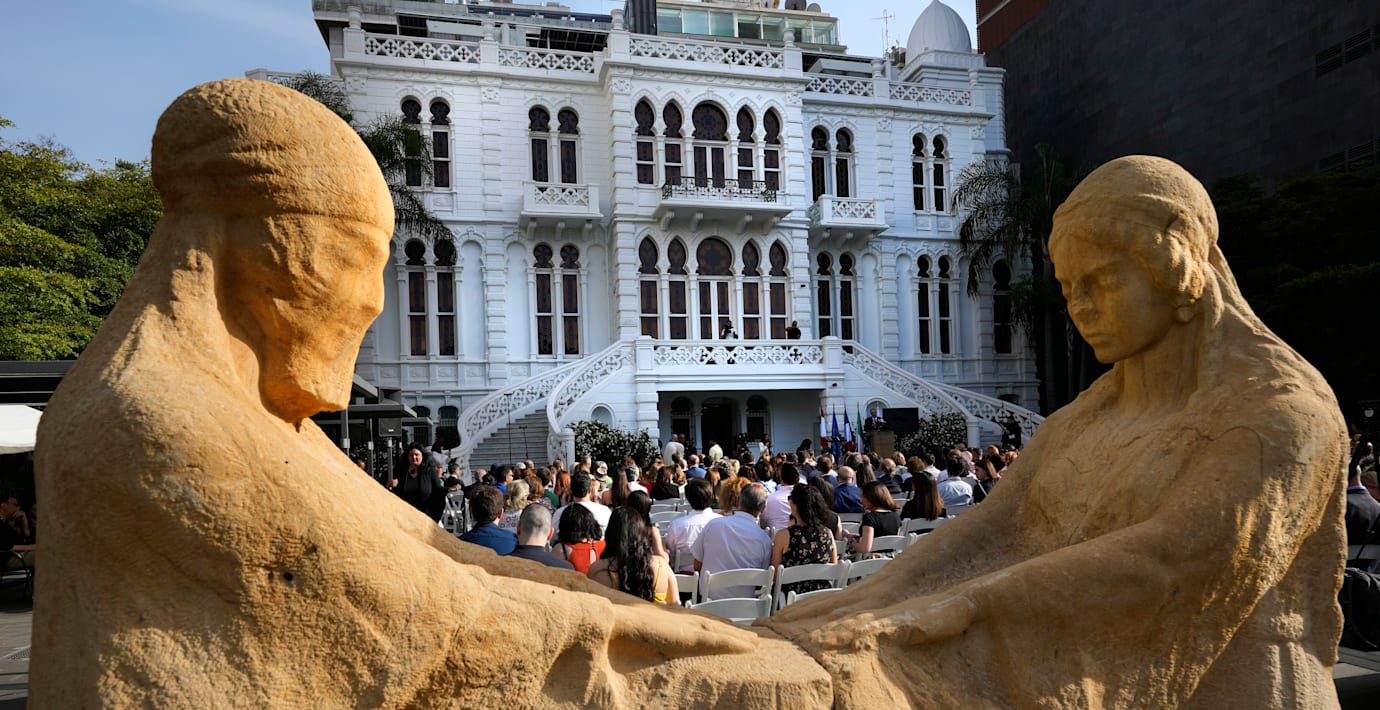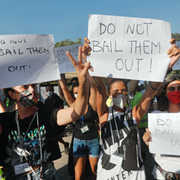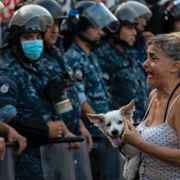
Krav på FN-ingripande tre år efter hamnexplosionen
Ingen har ställts till svars tre år efter att en explosion i Libanons huvudstad Beiruts hamn dödade 220 personer, skadade tusentals och gjorde 300 000 hemlösa. Nu kräver över 300 libanesiska och internationella människorättsorganisationer rättvisa.
I ett öppet brev ber organisationerna FN:s människorättsråd att stödja en internationell, oberoende granskningsmission för att utreda ansvaret bakom explosionen.
”Vi har fortfarande inte fått någon sanning eller rättvisa tre år efter att den förödande explosionen tog vår dotter, vårt hem och vår stadsdel i ett land som präglas av straffrihet” skriver Paul och Tracy Naggear, som förlorade sin treåriga dotter Alexandra, i ett inlägg hos Human Rights Watch.
Utredningen av explosionen den 4 augusti 2020 har kantats av inblandning från politiker och myndigheter och stoppade rättsprocesser.


